RHI inquiry: David Sterling defends Department's record
- Published
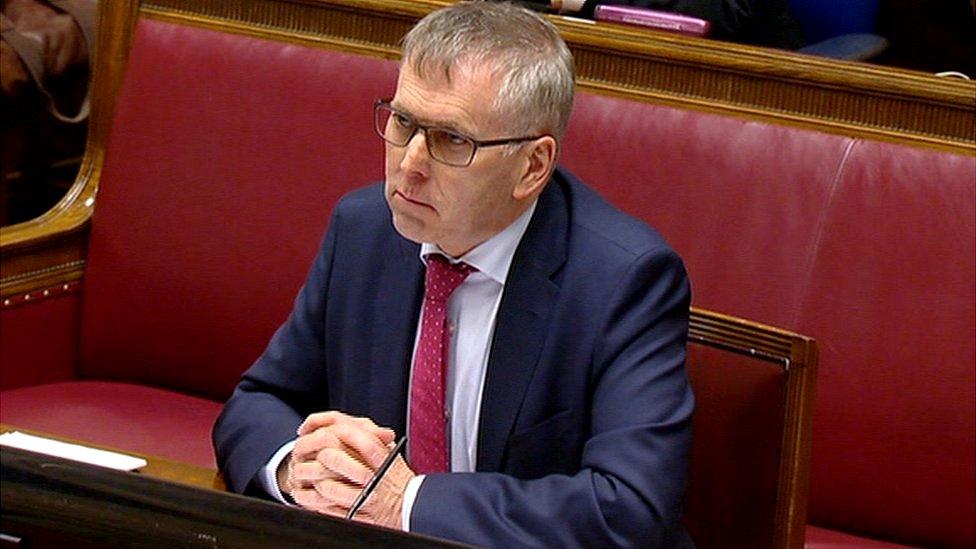
David Sterling defended the Department for Enterprise, Trade and Investment's record
Northern Ireland's most senior civil servant has denied the department he formerly ran was a "serial offender" in terms of problems with public money.
David Sterling was appearing at the public inquiry into the RHI scheme.
It was suggested to him that lessons had not been learned from two previous projects involving the Department of Enterprise, Trade and Investment (DETI) where public money had been squandered.
The two projects referred to date back to the mid-2000s.
It emerged that in November 2012, as the Renewable Heat Incentive (RHI) scheme was being launched, Mr Sterling, then permanent secretary at DETI, wrote an email to senior colleagues telling them lessons had been learned from the earlier cases and the mistakes would not happen again.
Inquiry counsel David Scoffield said the public might be forgiven for looking at the department's track record on the three projects and concluding that it was a "serial offender" when it came to a lack of oversight.
Mr Sterling said he was not going to disagree with the findings of inquiries into the two failed projects, but the department had delivered hundreds of other schemes without governance issues.
One of the schemes was a cross-border broadband scheme, the other a plan to deliver biotechnology incubator facilities based at Belfast City Hospital.
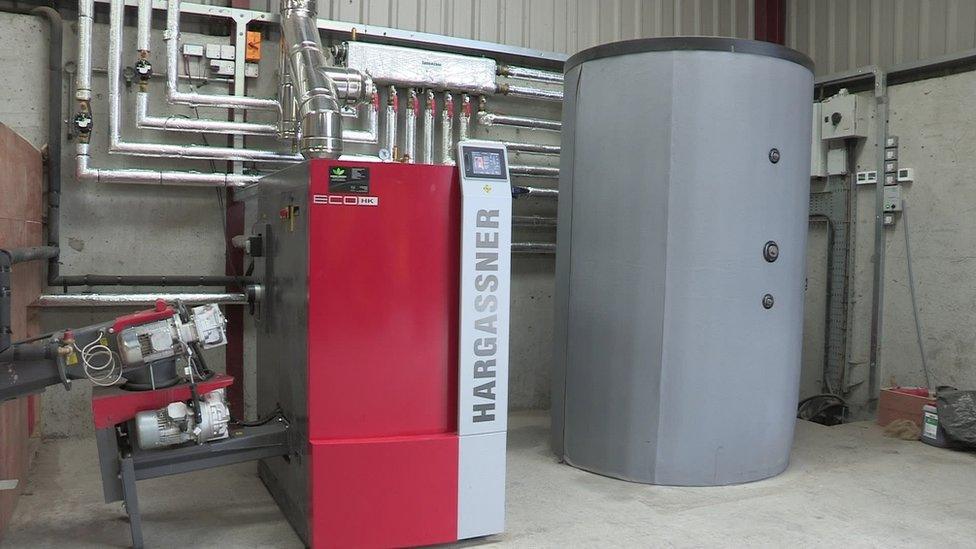
Overly-generous subsidies meant the costs of the RHI scheme spiralled out of control
Both failed and ended up subject to investigation by the office of the comptroller and auditor general.
In a statement to the inquiry, the comptroller's office said the problems in those schemes had been replicated by the RHI scheme.
Inquiry chairman Sir Patrick Coghlin said he found it "difficult to accept" the assurances given in Mr Sterling's 2012 email that the culture in the department had changed.
In particular he raised Mr Sterling's assurance that records were being kept of key decisions, a criticism of the earlier projects.
Sir Patrick said when it came to RHI there were two key decisions taken by a minister in which there were no records.
He said he found that "concerning", particularly when placed alongside evidence which suggested that Fiona Hepper, the official responsible for RHI had rejected the notion of formal project management as being "unhelpful".
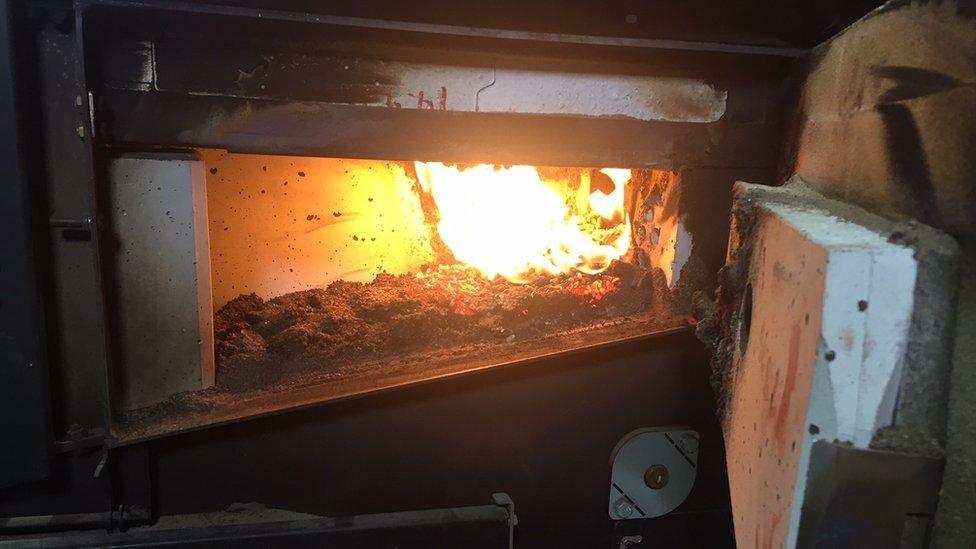
The scheme was launched in 2012
"That seems to me, putting those two things together, to suggest a persistence of the type of culture that you were referring to and trying to deal with," Sir Patrick said.
'Robust conversations'
The inquiry was told that in his evidence to the inquiry, Northern Ireland's comptroller and auditor general, Kieran Donnelly, had said the problems identified in earlier schemes had been replicated in the RHI project.
Mr Scoffield asked how the public could have any confidence that assurances of lessons learned could be given any weight.
Mr Sterling said reassurances were just words and the civil service would now be judged on its delivery.
He accepted the evidence to the inquiry to date had hit the reputation of the civil service "very hard".
He said it had much work to do to rebuild public trust.
And he said that while it was "unacceptable" for civil servants to be delivering public services without ministerial direction when ministers returned there would have to be "robust" conversations about what could be deliverable with the staff available.
The RHI scheme offered financial incentives if firms switched to renewable energy sources.
However, critical flaws meant its claimants could earn substantial returns, far greater than intended.
Later on Thursday, another senior civil servant told the inquiry how he had agreed to delay cost controls in the scheme.
John Mills took over DETI's Energy Division in January 2014.
The plan had been to bring forward a second phase of RHI that year that included both a domestic scheme and the controls.
Mr Mills told the inquiry that by the time he arrived the domestic scheme had already been given priority.
He was asked to approve the go-ahead, with the cost controls to be done later.
Mr Mills said they could not be done at the same time, as there was not the staff resource to do the work.
He agreed, but said he had simply been taking the advice he was given.
The cost controls were never introduced.
- Published14 March 2018
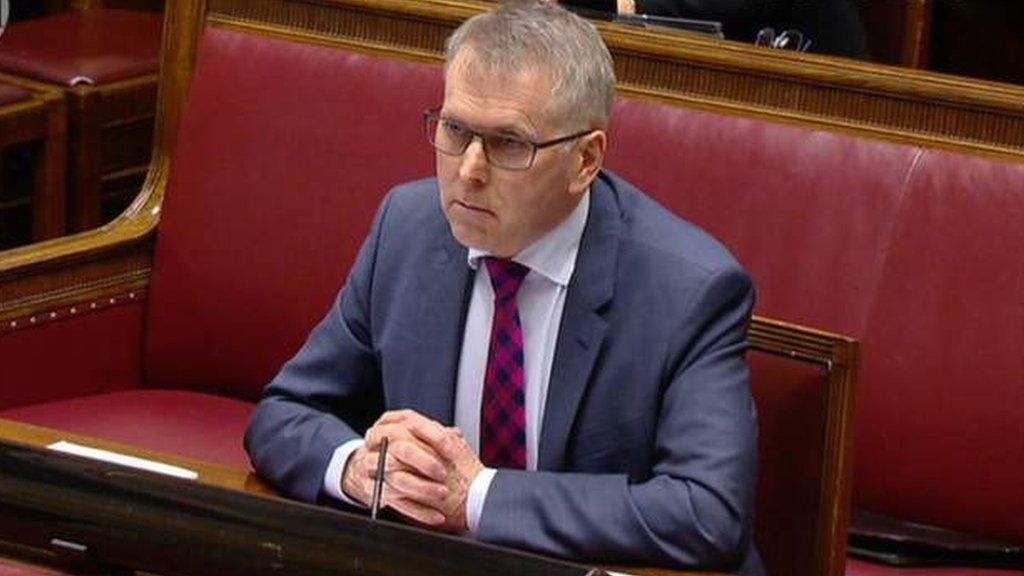
- Published8 February 2018

- Published7 December 2017
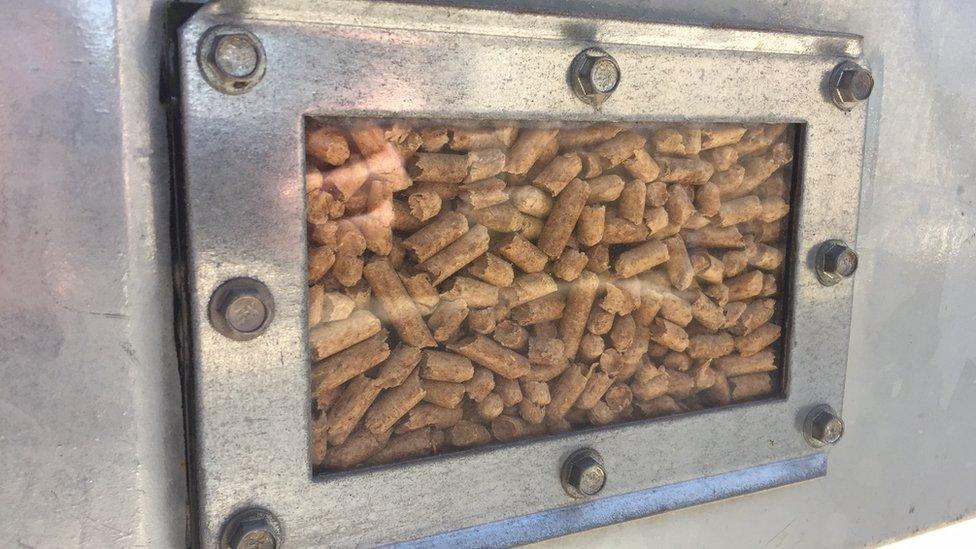
- Published30 January 2018
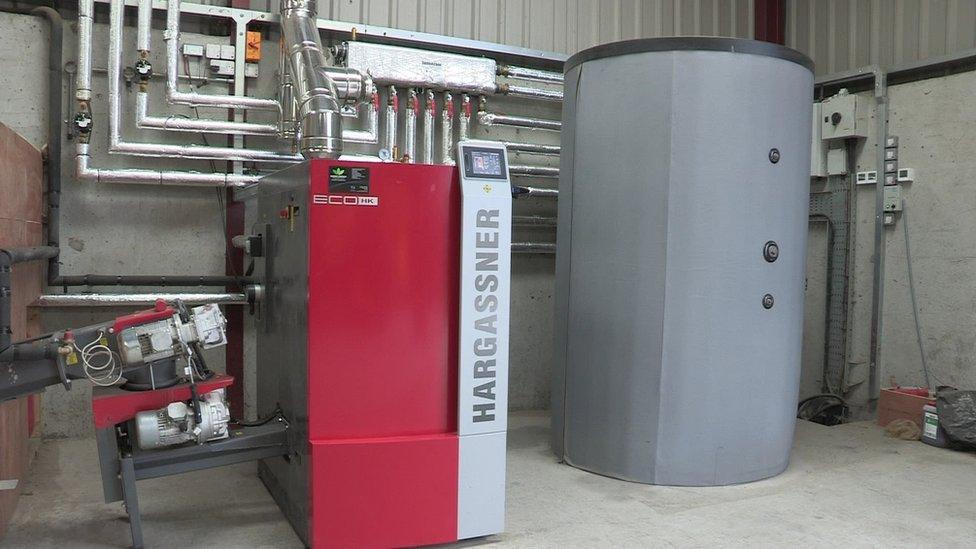
- Published17 January 2017
